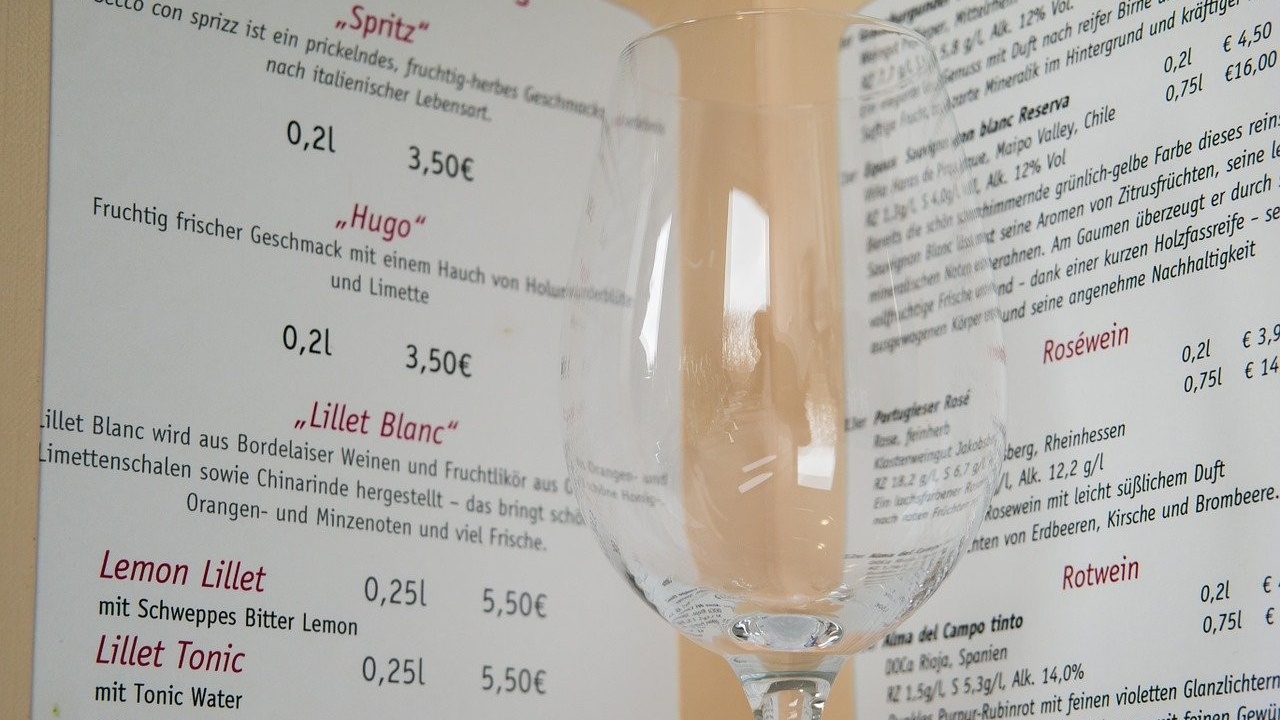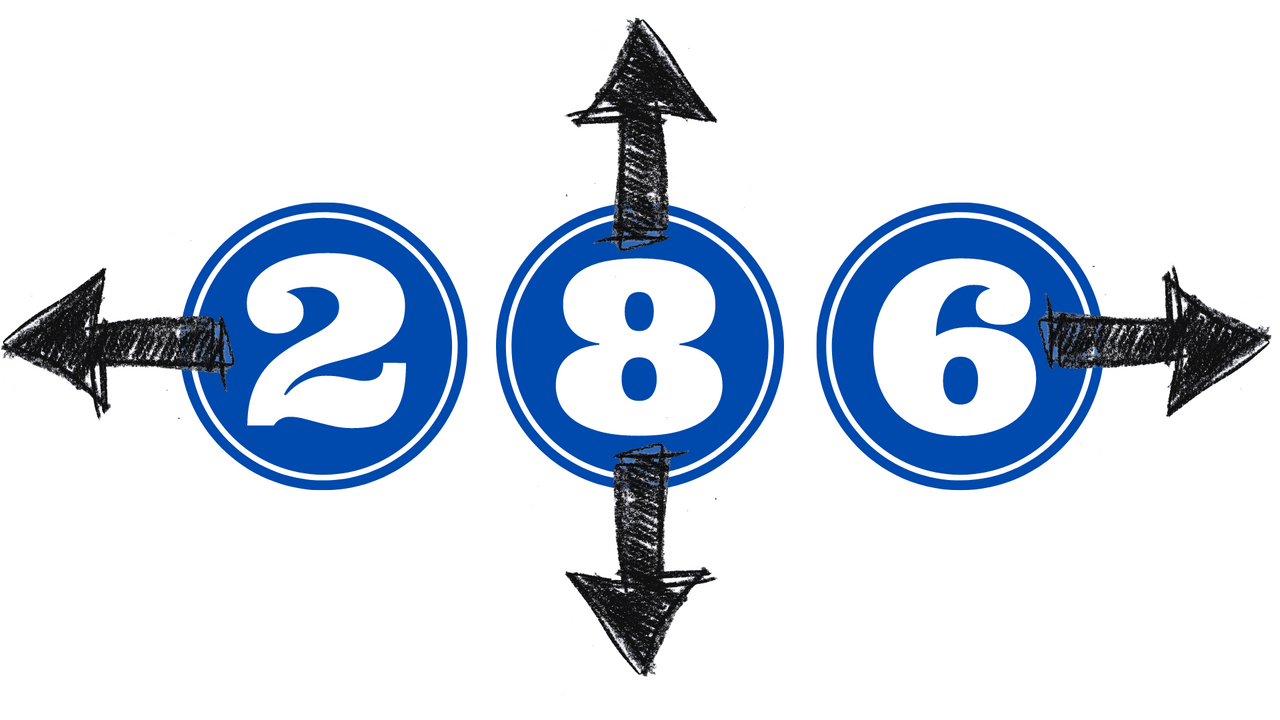Talking Talks: Persuasive presentations, with Troy Andrews
How to make your presentation persuasive? And what are the ethical considerations of doing so?
In this episode of Talking Talks behavioural expert Bri Williams speaks with Troy Andrews, founder of presentationpersuasion.com.
We talk about why logically sequencing content isn't persuasive, why outcome is the first place to start, how storytelling is 22x more memorable than facts alone and how Troy's knowledge of craft beer helped win him a client.
Shownotes:
- Troy's website: https://presenta...
How to make a distributed team cohesive?

Are you part of a distributed team? Perhaps you manage one?
It's new language, isn't it, distributed team? It means that colleagues who work together, don't physically work together. They're scattered around the state, the country, the world.
It's not quite the same as "remote work", where you and your colleagues might work remotely from your office some or all the time, but there is still a central office.
For distributed teams, there is no central office so everyone works remotely.
How to ...
The price advice people most hate

What's one of the biggest findings from behavioural science that people resist?
That terrifies them the most?
Sequencing prices from high to low.
It's much more common to see menus and websites listing goods from low to high.
Well, that's a problem because you're wasting every sale.
Researchers Suk, Lee and Lichtenstein, for example, found way back in 2011 that listing the most expensive beer first increased the average paid by 4% compared to listing in descending order.
So I know it might...
Talking behavioural science with my intern, Bora Ergor
It was an absolute delight to have Bora Ergor interning with me this year.
Bora is a very talented psychology student at the University of Strasbourg and together we worked across a range of assignments.
In this video Bora talks us through what his research unearthed as well as tips for people seeking to intern.
We cover what behavioural science says about:
- How to optimise your online presenting presence and overcome Zoom fatigue
- Framing and use of language i.e. knowing exactly what to s...
Which digit do you want people to focus on?

Ending your price with “9” is a tidbit of pricing psychology that has entrenched itself in business folklore.
Why? Because $1999 seems better than $2000, and $12.99 better than $13.
But why does it seem better?
It may have a lot to do with the direction the digit is pointing. You see, 9 points to the left, as does 1, 2, 3, 4 and 7.
5 and 6 are right-facing whereas 0 and 8 are centered.
This digit-directionality (Coulter, 2007) is yet another consideration when it comes to how you represent...
Talking Talks: Speaker evolution with Sam Tatam
What can an expert in evolutionary psychology tell us about presenting? Lots!
In this episode of Talking Talks Bri speaks with psychologist and head of Behavioural Science at Ogilvy, Sam Tatam.
We talk about why everything is selling, why gaps are essential in your presentation (leave space in the mousetrap), why you should watch yourself on mute, maximising the pixels in a virtual presentation and similarities and differences between client work and keynotes. Oh, and why Sam wants people to t...
A sneak peek at how to influence individuals
I am thrilled to announce there's a new BONUS module hidden like an Easter Egg in the Influencing Action online course.
Module 6 "Influencing Individuals".
I added this special module because one of the trickiest parts of being human is influencing other humans.
Particularly those who see the world differently to you.
So here's a sneak peek.
If you'd like to find out more about how to influence action, this is here I keep the good stuff: www.briwilliams.com/about-influencing-action-course
...Talking Talks: How to make your audience feel, with George Elerick
When presenting, how can you make your audience feel?
In this episode of Talking Talks Bri speaks with stand-up comedian and behavioural scientist George Elerick.
We talk about how human universals can connect us with an audience, why it's good to start with the end in mind, George being an empathetic extrovert and huge fan of provocation, word choice and how to use behavioural science in presentations.
We struggled with a wobbly internet connection between LA and Melbourne for this one, so h...
Talking Talks: Cutting to the why?, with Dr. Sarah Glova
In this episode of Talking Talks Bri speaks with Dr. Sarah Glova.
We talk about the importance of a learning objective, how empathy underpins presentation design and delivery, co-facilitation in a virtual talk, use of silence and Sarah's unusual personality profile. Let's see if we can get #frogtalk trending!
Shownotes:
- View Sarah in action: www.sarahglova.com/
- Music by https://www.epidemicsound.com/artists/elijah-n/
About Sarah:
Dr. Sarah Glova is the CEO of the award-winning digital ...
How to communicate with idiots

I’ve been going deep on language lately
Knowing what to say and how to say it.
Partly because I’ve created a “scripting tool” for my Just Do This members, where I’ve written sample scripts for everything from getting past the gatekeeper and dealing with time wasters, to fielding complaints and chasing late payers.
Partly because I’ve been creating my “Dealing with D!ckheads” webinar (recording exclusively available to Just Do This members), in which I cover how to identify the type of chall...

